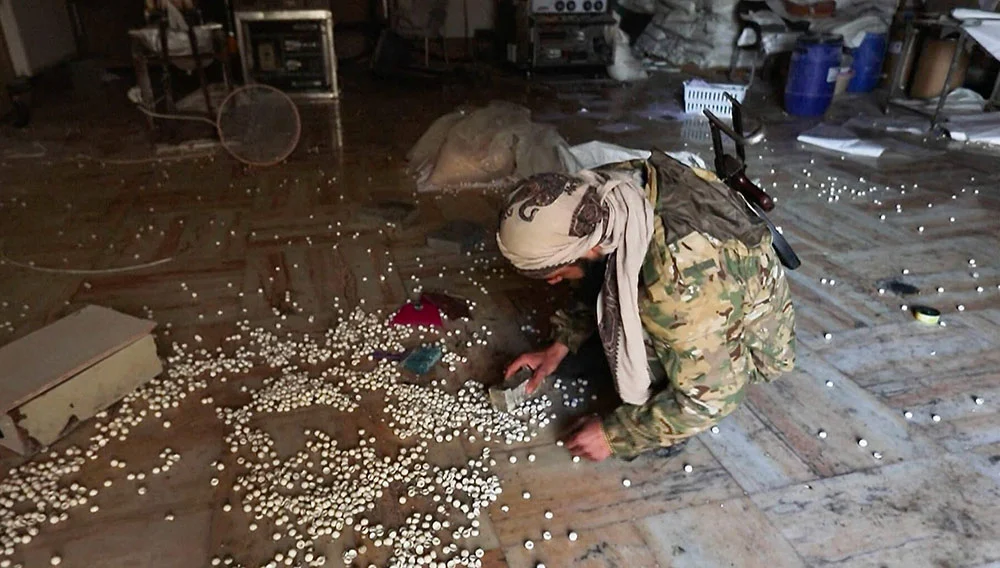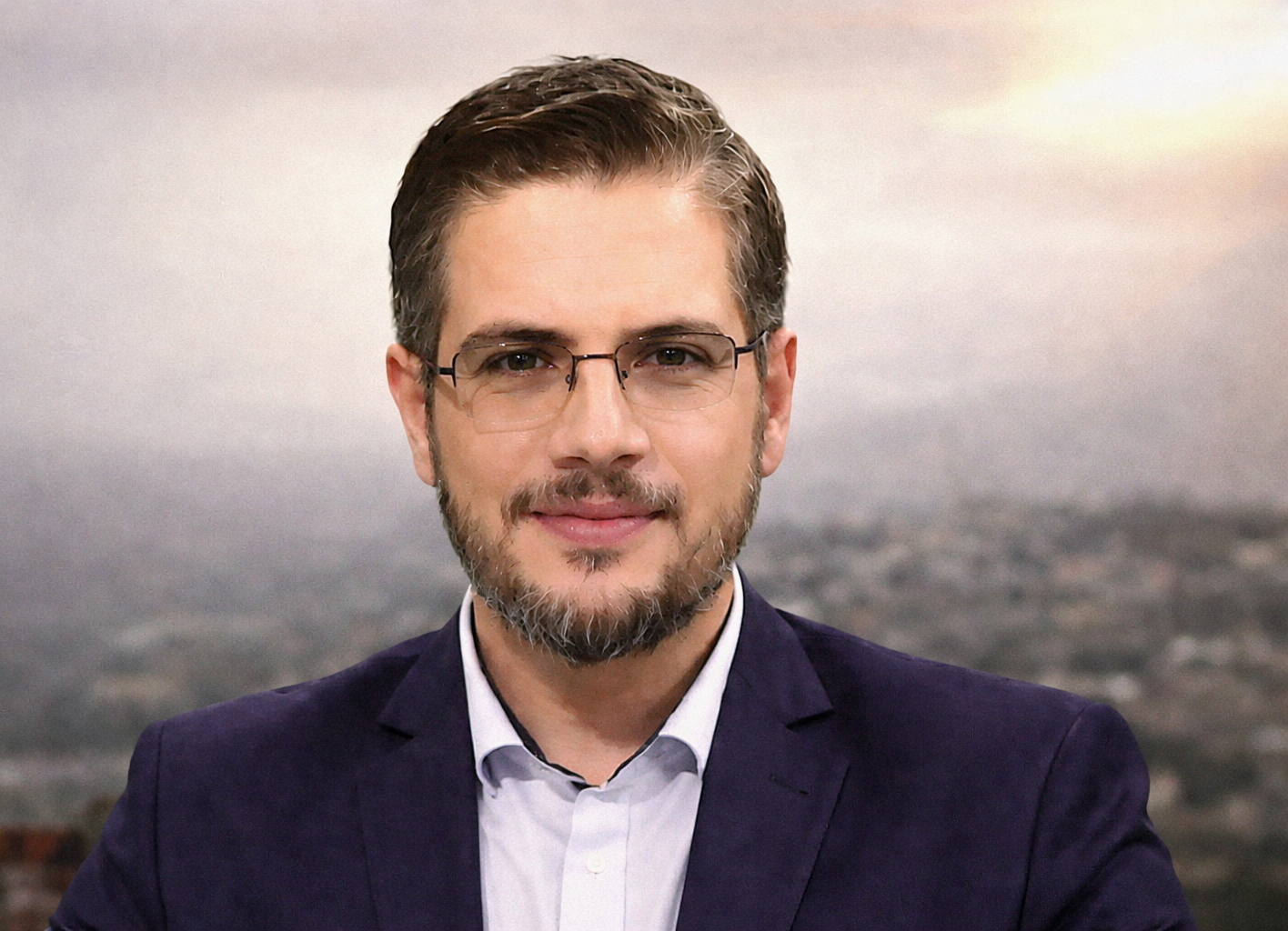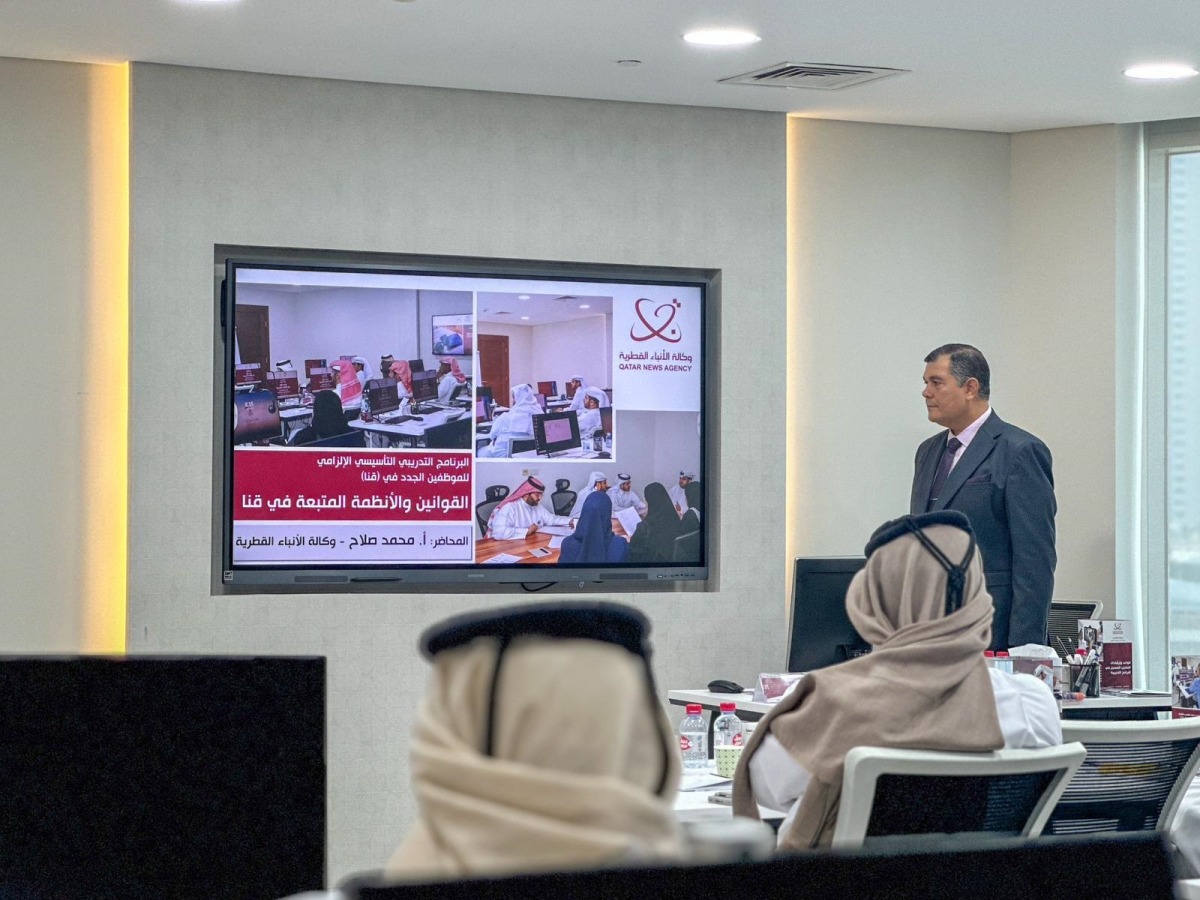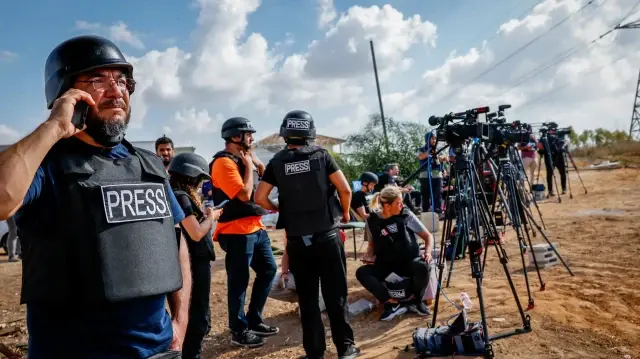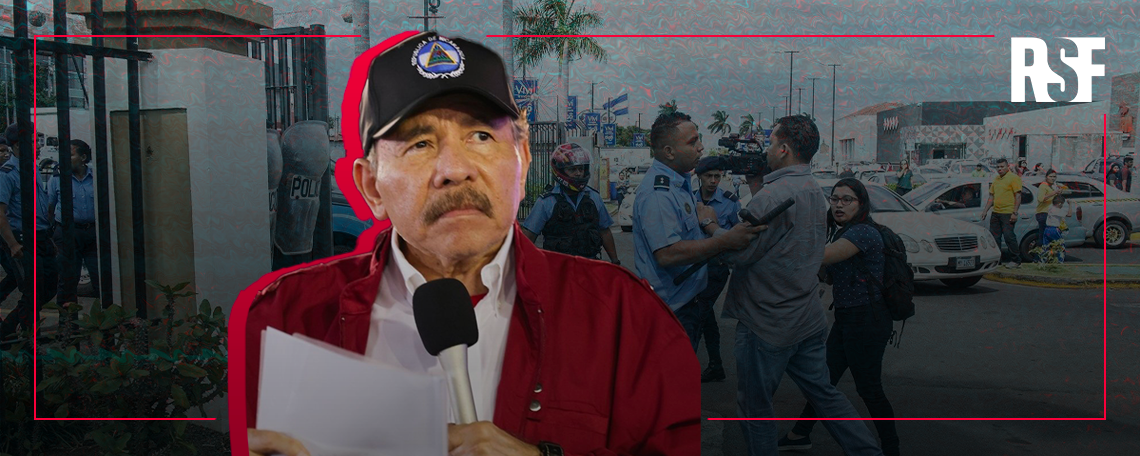
Nicaragua’s Press Freedom Crisis Deepens
February 27, 2025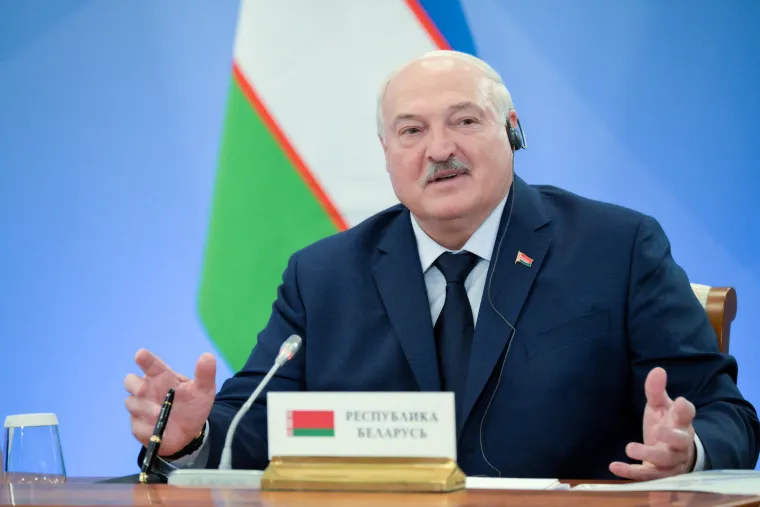
Belarusian Journalist Palina Pitkevich Sentenced to Three Years for Alleged Extremism
February 27, 2025February 27, 2025 -Syria –
Despite the fall of Bashar al-Assad’s regime, investigating Syria’s Captagon trade remains perilous for journalists. The assassination of journalist Mahmoud al-Harbi in November 2023 underscores the ongoing risks. Al-Harbi, affiliated with Daraa 24, was murdered shortly after reporting on a local family’s involvement in Captagon production near the Jordanian border. Surveillance footage captured his execution, and one suspect remains at large, allegedly still engaged in trafficking activities.
Captagon, a synthetic stimulant, has become Syria’s most lucrative illicit export, with estimates valuing the trade at over $10 billion annually. During Assad’s rule, the regime, particularly the Fourth Armored Division led by Maher al-Assad, was deeply implicated in industrial-scale production and smuggling operations. Facilities like the Mazzeh air base and a converted factory in Douma served as major production hubs.
Following Assad’s ousting, the new Syrian leadership pledged to dismantle the Captagon industry. However, enforcement has been inconsistent, and trafficking persists. In March 2025, Iraqi authorities seized over seven million pills from a truck originating in Syria, highlighting the ongoing challenge.
The trade’s entrenchment extends beyond Syria. In Lebanon, Captagon traffickers have established networks with political factions and security forces, complicating efforts to curb the trade. The country’s financial collapse has further fueled the illicit economy, making comprehensive reforms essential to address the issue effectively.
For Syrian journalists, the Captagon trade remains a forbidden subject. The dangers faced by reporters like al-Harbi highlight the urgent need for international support to protect press freedom and ensure accountability for crimes against journalists.
Reference –
Captagon trafficking: For Syrian journalists, investigation is still forbidden

